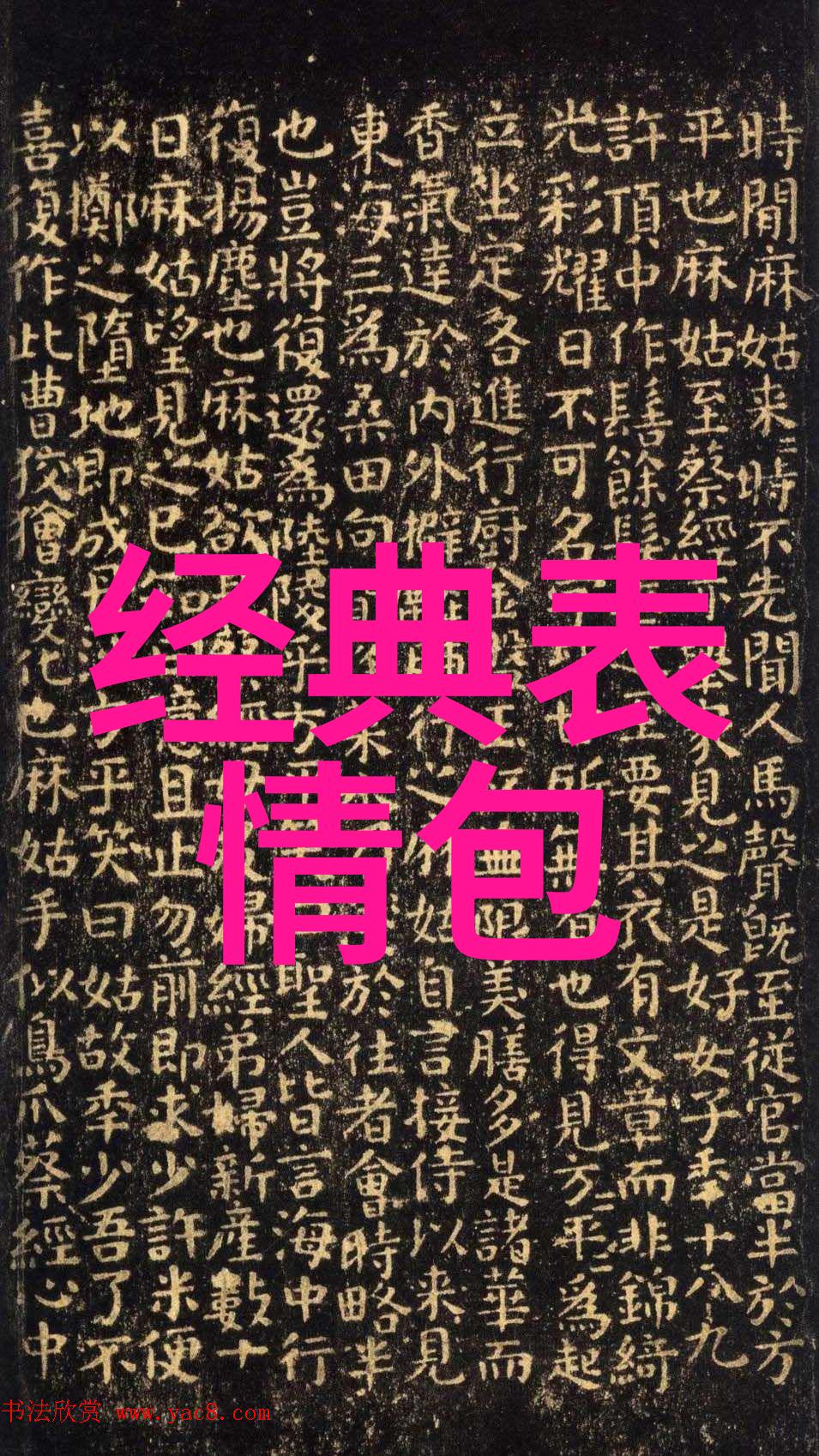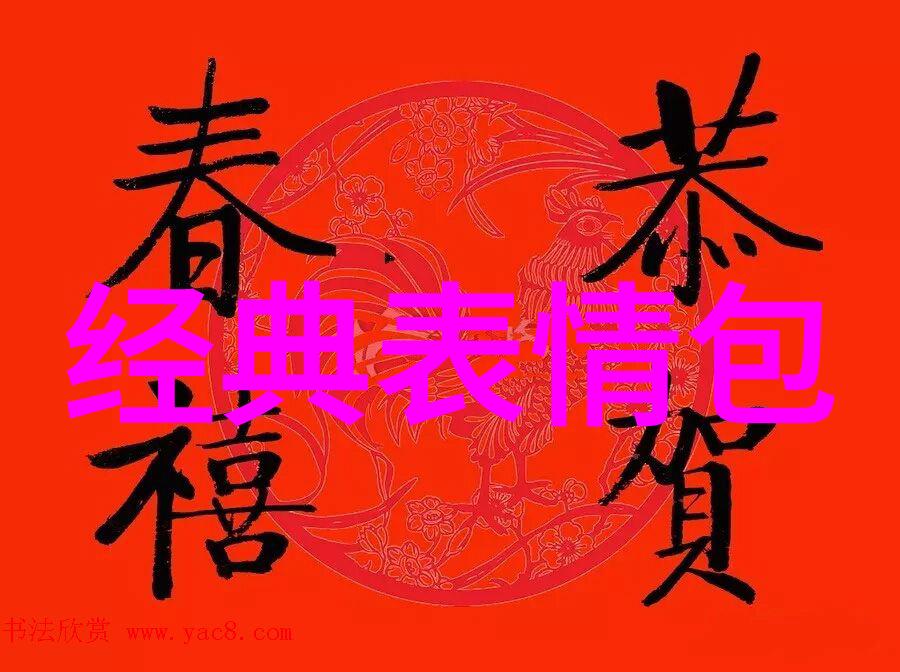what are the origins of the Chinese New Year
What Are the Origins of the Chinese New Year?

The Chinese New Year, also known as the Spring Festival or Chunjie in Mandarin, is one of the most significant and festive holidays in China. It marks the beginning of a new year on the traditional Chinese calendar, which is based on a lunisolar system that combines elements of both solar and lunar calendars.
The origins of this celebration date back to ancient times when China was still divided into many small kingdoms and states. The earliest recorded evidence of a New Year-like festival can be traced back to around 1600 BCE during the Shang Dynasty. This early celebration was called "Yuan Dian," which translates to "the beginning" or "origin."

However, it wasn't until much later that these festivities became widespread across all parts of China under Imperial rule during the Han Dynasty (206 BCE - 220 CE). During this time, Emperor Wu Di declared January 1st as an official holiday for people to celebrate with family gatherings and feasting.
But what makes this particular day so special? The answer lies in its connection to astronomical events. In ancient China, astronomers noticed that certain stars would appear at different points throughout their cycle every few years. They associated these appearances with important events such as harvests or natural disasters.

One specific star they observed was called "Niu Lang," which means cowherd in English. According to legend, Niu Lang fell deeply in love with Chang'e—the goddess who lived on moon—and they had two children together while living among mortals.
Their happiness did not last long however; Chang'e eventually returned to live on moon after she accidentally consumed an elixir meant for immortality given by her sister-in-law Xihe (also known as Chang Ning).

As Niu Lang's sorrow grew over his lost love he decided he must follow her up there no matter how difficult it might be! He built a bridge using reeds from riverside villages so he could cross over into heaven but unfortunately got caught up amidst his journey due simply because some mischievous fox spirits were playing tricks on him!
He managed somehow get past them though! And finally reached heaven whereupon finding out about his wife’s return home , felt even more heartbroken than ever before since now there were three heavenly beings instead just two earlier ones! Thus began annual visits between mortal life below & divine realms above through magical bridges made entirely out-of-reed sticks—this has become part our folklore surrounding Chinese New Year celebrations today!

In addition another story behind why we celebrate Spring Festival comes from Confucius himself who said “It is better for you not knowing what happens next than never having experienced joy” meaning we should cherish moments spent with loved ones especially during hard times like winter when everything seems bleak outside but inside warmth radiates because memories are being created & shared amongst families – exactly what festivals do best: bring people closer together!
Nowadays people mark this occasion differently depending upon regions' customs yet common practices include cleaning homes thoroughly beforehand decorating doorways hanging red lanterns preparing delicious meals exchanging gifts giving money wrapped inside red envelopes wishing each other good fortune health prosperity peace harmony etcetera
In conclusion although exact origin dates back centuries ago celebrating spring festival remains crucial aspect modern-day culture providing opportunities social bonding emotional healing connecting us all regardless age race background cultural identity etcetera
Spring Festivals create lasting memories bringing smiles laughter joyous reunions tears heartfelt wishes toward future filled happiness hope success peace harmony tranquility serenity contentment blissful existence eternal friendship everlasting love



